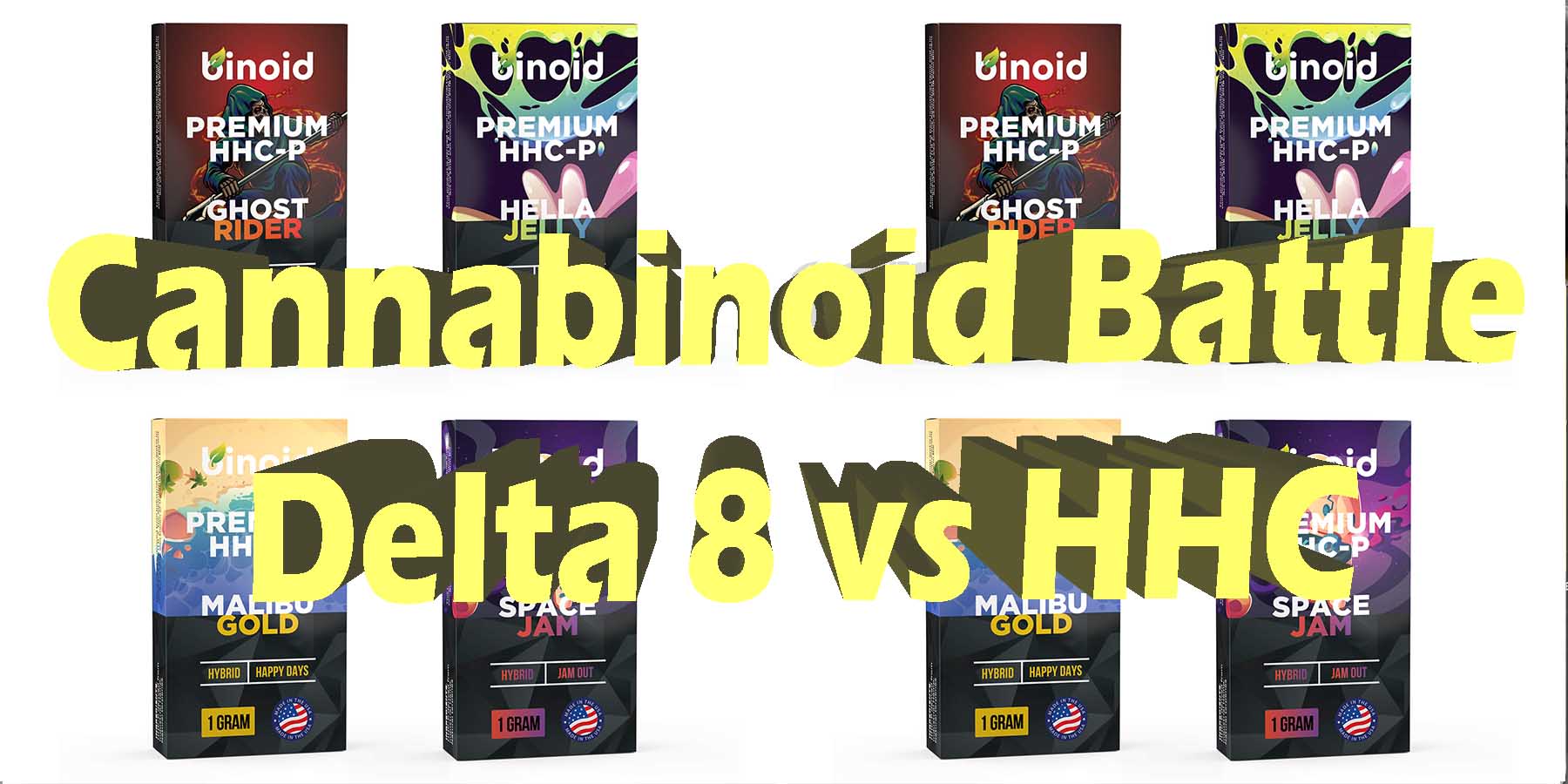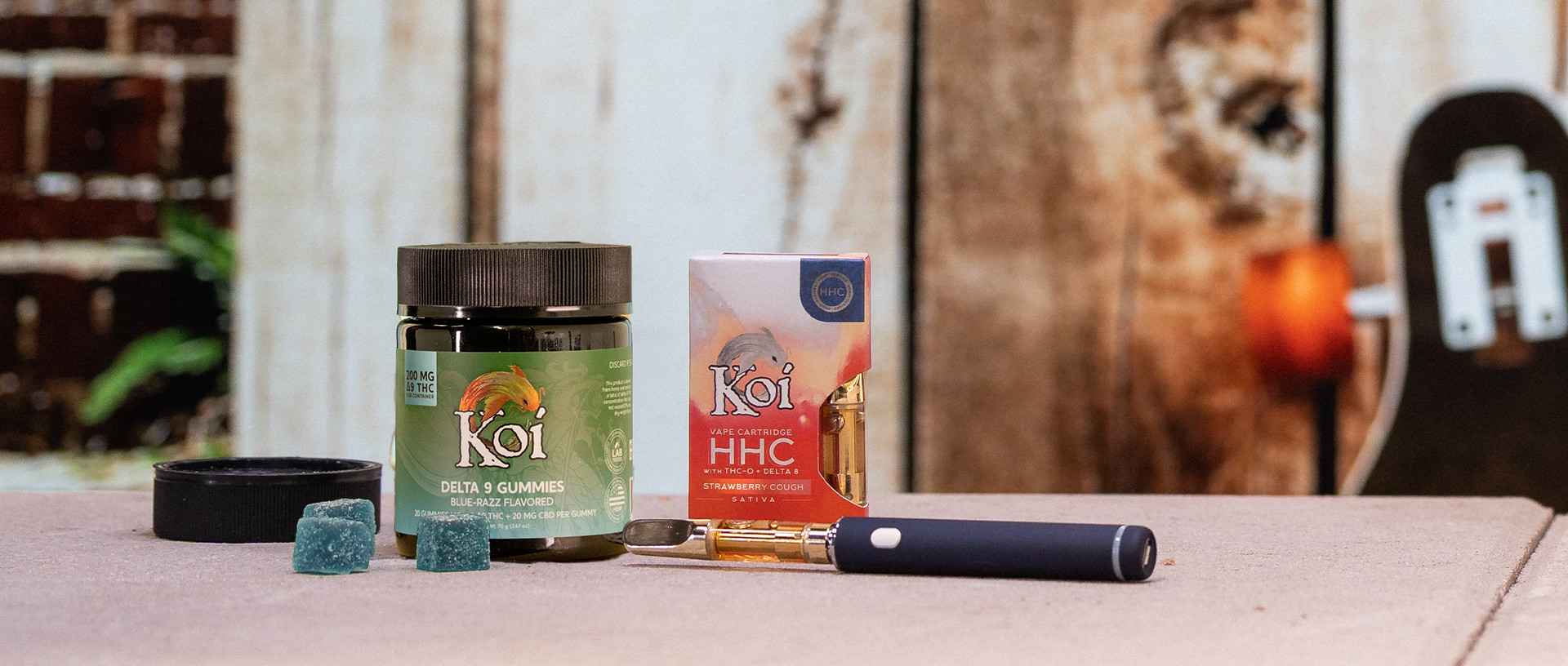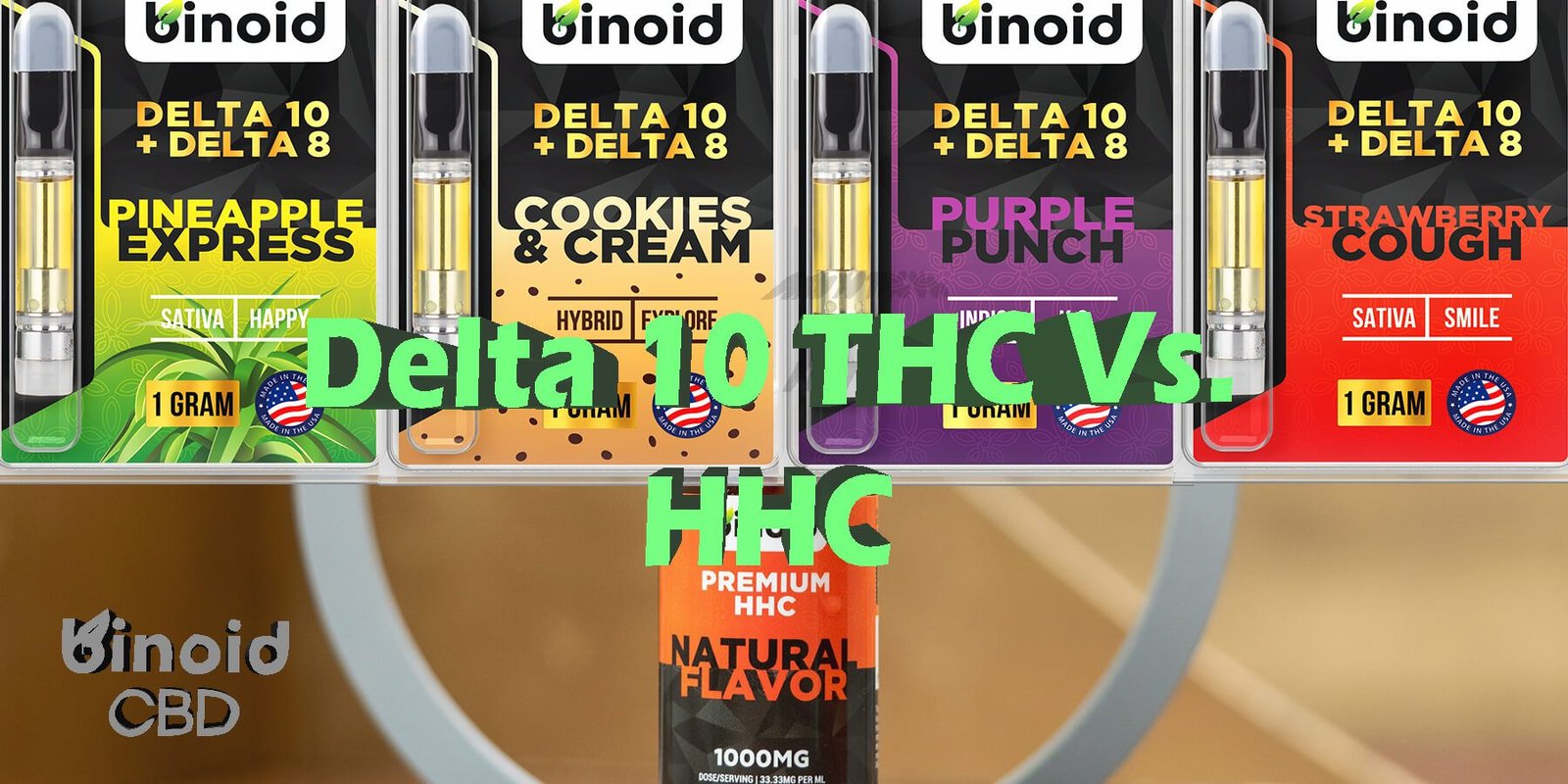Introduction to HHC and Delta 8
The world of cannabinoids is ever-expanding, and two compounds that have recently caught the attention of both enthusiasts and newcomers alike are HHC (hexahydrocannabinol) and Delta 8 THC. As more people explore various hemp-derived options, questions arise: What exactly are these compounds? How do they compare? Whether you’re seeking relaxation, pain relief, or a recreational boost, understanding the differences between HHC and Delta 8 can help guide your choices. Let’s dive into what you need to know before trying these intriguing cannabinoids.
hhc vs delta 8
HHC and Delta 8 are cannabinoids hhc vs delta 8 gaining attention in the cannabis community. While both offer unique experiences, they come from different chemical backgrounds.
HHC, or hexahydrocannabinol, is a hydrogenated form of THC. This process alters its properties slightly. Users often report effects similar to those of traditional THC but with milder psychoactive qualities.
Delta 8, on the other hand, is a close relative of Delta 9 THC—the main psychoactive compound in cannabis. Many users find it provides a clearer-headed high without some common side effects associated with Delta 9.
Understanding these distinctions helps consumers make informed choices about their experience and desired outcomes when exploring HHC vs Delta 8 options available today.
Effects and Benefits of HHC and Delta 8
HHC and Delta 8 offer a range of effects that can vary significantly between users. Many find HHC to provide a smoother, more balanced experience compared to its counterparts. It may induce feelings of relaxation, euphoria, and clarity without the overwhelming intensity often associated with THC.
Delta 8 is known for producing milder hhc vs delta 8 psychoactive effects while still delivering uplifting sensations. Users frequently report heightened creativity and improved focus after consumption.
Both compounds are celebrated for their potential therapeutic benefits. They may help alleviate anxiety, reduce stress levels, and even ease chronic pain symptoms.
Additionally, some individuals use these cannabinoids to enhance their overall mood or manage sleep disorders. Each compound has unique qualities worth exploring based on personal preferences and desired outcomes in recreational or medicinal contexts.
Potential Risks and Side Effects
When exploring HHC and Delta 8, it’s essential to consider potential risks and side effects. While many users report positive experiences, these compounds can affect everyone differently.
Common side effects include dry mouth, red eyes, and increased heart rate. Some individuals may also experience anxiety or paranoia, especially at higher doses. It’s crucial to start with a low dose if you’re new to either compound.
There’s limited research on the long-term effects of HHC and Delta 8. As such, using them responsibly is vital for your hhc vs delta 8 health and well-being.
If you have existing medical conditions or take medications that could interact with cannabinoids, consulting a healthcare professional is wise before trying either substance. Being informed helps ensure safer consumption practices while navigating this evolving landscape of hemp-derived compounds.
Legality of HHC and Delta 8
The legality of HHC (hexahydrocannabinol) and Delta 8 THC can be quite complex. Both compounds derive from cannabis, but their legal status varies significantly across different jurisdictions.
Delta 8 is often viewed as a loophole in the regulatory framework established by the Farm Bill. This legislation legalized hemp-derived cannabinoids with less than 0.3% Delta 9 THC. Many states have embraced this, allowing for the sale of Delta 8 products. However, some local laws explicitly ban it, creating a patchwork of regulations.
HHC’s legal standing remains murkier due to its relatively recent emergence in the market. While some interpretations suggest that it falls under similar guidelines as other hemp-derived compounds, there are no clear federal regulations governing its use yet.
Both substances may carry risks depending on where you live. Always check your state laws before trying either compound to avoid any potential legal issues or misunderstandings about their use.
How to Choose Between HHC and Delta 8
Choosing between HHC and Delta 8 depends on your personal preferences and desired effects. Start by considering what you want from the experience. Are you looking for relaxation, pain relief, or a mood boost? Understanding your goals will help narrow down your options.
Next, think about potency. HHC is often hhc vs delta 8 described as more potent than Delta 8, which may lead to stronger effects. If you’re new to cannabinoids or have a low tolerance, Delta 8 might be a gentler choice.
Also consider the method of consumption. Both compounds are available in various forms like edibles, vapes, and oils. Explore which format appeals most to you based on convenience and onset time.
Consult user reviews and experiences online. Hearing from others can provide valuable insight into how each compound affects individuals differently. Trusting firsthand accounts can guide your decision-making process effectively.
Conclusion
When considering HHC and Delta 8, it’s essential to weigh personal preferences. Each compound has unique properties that may appeal differently to users.
Understanding the effects and potential risks can guide your choice. Individual experiences will vary based on factors like tolerance and body chemistry.
Choosing between these compounds hhc vs delta 8 often comes down to desired outcomes. Recreational use might lean toward one over the other, while therapeutic purposes could lead you in a different direction altogether.
Making an informed decision is key. Experimenting cautiously allows for a tailored experience while prioritizing safety and enjoyment.
Introduction to HHC and Delta 8
HHC and Delta 8 are two popular compounds emerging from the cannabis plant. Both have gained traction for their unique effects, yet they possess distinct characteristics.
HHC, or hexahydrocannabinol, is a hydrogenated form of THC. It offers a milder high, often described as relaxing without overwhelming psychoactive effects. Users report feelings of calmness and euphoria.
On the other hand, Delta 8 THC is an isomer of Delta 9 THC—the compound most commonly associated with marijuana’s intoxicating properties. Many users appreciate its more subtle psychoactivity compared to traditional THC.
Each compound interacts differently within the body’s endocannabinoid system. Understanding these differences can help you make informed choices about which may suit your needs best.
What are HHC and Delta 8 and how do they differ?

HHC, or hexahydrocannabinol, is a hydrogenated form of THC. It offers psychoactive effects similar to Delta 9 THC but with some unique properties.
Delta 8 THC, on the other hand, is a cannabinoid derived from hemp. Its structure is slightly different from Delta 9 THC and provides a milder high that many users find enjoyable.
The primary difference lies in their chemical makeup. HHC has additional hydrogen atoms, which alters its interaction with cannabinoid receptors in the brain.
Users often report distinct experiences hhc vs delta 8 between the two compounds. While both can induce relaxation and euphoria, HHC tends to create a more subdued effect compared to the clearer buzz of Delta 8.
Understanding these nuances can help you make an informed choice about which compound might align better with your needs.
The Legality of HHC and Delta 8
The legal status of HHC and Delta 8 is often murky, varying significantly from state to state.
Delta 8 THC gained popularity due to its availability under the 2018 Farm Bill, which legalized hemp-derived cannabinoids containing less than 0.3% delta-9 THC. However, many states have since moved to regulate or ban Delta 8 products.
HHC’s legality is even less clear. While it shares similarities with other cannabinoids derived from hemp, legislation around HHC remains sparse and inconsistent across jurisdictions.
Consumers should always verify local laws before purchasing these compounds. Some places may impose strict regulations or outright bans on either substance.
Staying informed about changing laws can help users navigate this evolving landscape safely.
Potential Benefits of Using HHC and Delta 8
HHC and Delta 8 are gaining attention for their unique potential benefits. Users often report a calming effect, which can help with anxiety and stress relief. This makes them appealing options for those seeking relaxation without the intensity that some other cannabinoids can offer.
Many also appreciate the mild euphoric sensations associated with these compounds. Both HHC and Delta 8 may enhance mood while providing an enjoyable experience, making social interactions more pleasant.
Additionally, both compounds have shown promise in alleviating discomfort. Users have highlighted pain-relieving properties that could support individuals dealing with chronic conditions or everyday aches.
Some preliminary research suggests they might possess anti-inflammatory effects as well. This aspect is particularly interesting for those exploring natural remedies to manage inflammation-related issues in their lives.
Side Effects and Risks
When exploring HHC and Delta 8, it’s crucial to consider potential side effects. Both compounds can cause mild discomfort for some users.
Commonly reported effects include dry mouth, dizziness, and fatigue. These sensations may vary based on individual tolerance levels. Some might experience heightened anxiety or paranoia, especially with higher doses.
While generally considered safer than traditional THC, the risks are not negligible. Users should be aware of how their body reacts when trying either compound for the first time.
Additionally, the lack of extensive research means long-term effects remain largely unknown. It’s wise to start with a low dose to gauge personal response before increasing consumption.
Always consult with a healthcare professional if unsure about using these compounds or if you have underlying health conditions that could complicate usage.
How to Use HHC and Delta 8 Safely
When exploring HHC and Delta 8, safety hhc vs delta 8 should be your top priority. Start with low doses to gauge your body’s reaction. Everyone’s tolerance varies, so what works for one person may not work for another.
Consider the method of consumption. Edibles might take longer to kick in compared to vaping or tinctures. This delayed effect can lead some users to consume more than intended.
Always source products from reputable brands that provide third-party lab testing results. Transparency ensures you know exactly what you’re consuming.
Avoid mixing these compounds with alcohol or other substances, as this can intensify effects unpredictably.
Pay attention to how you feel during use. If any adverse reactions occur, stop usage immediately and consult a healthcare professional if necessary. Prioritizing awareness helps create a safe experience while enjoying these compounds.
hhc vs delta 8

HHC and Delta 8 are becoming popular alternatives to traditional THC products. Both compounds come from cannabis but offer different experiences.
HHC, or Hexahydrocannabinol, is a relatively new cannabinoid that’s gaining attention for its unique effects. Users often report it provides a more balanced high, which some describe as slightly less intense than Delta 9 THC.
On the other hand, Delta 8 THC is known for producing milder psychoactive effects compared to its cousin. Many users appreciate its potential benefits without overwhelming sensations of anxiety or paranoia commonly associated with higher doses of Delta 9 THC.
When exploring HHC vs Delta 8, consider what you’re looking to achieve. Whether you’re after relaxation or clarity can guide your choice between these two intriguing compounds. Each offers a distinct experience worth considering in your wellness journey.
Conclusion
When considering HHC vs Delta 8, it’s essential to weigh the differences and similarities between these two compounds. Both offer unique benefits that can enhance your experience with cannabinoids. However, potential risks and side effects should also be top of mind.
Understanding their legality is crucial as it varies by state and can impact your ability to purchase or use either compound. Always stay informed about local laws before making decisions.
Choosing between HHC and Delta 8 ultimately depends on personal preferences and desired effects. Whether you are seeking relaxation, a mild high, or therapeutic benefits will guide your choice.
Educate yourself further about both hhc vs delta 8 compounds to make safe and informed decisions that suit your lifestyle needs. The world of cannabinoids is ever-evolving, so staying updated will only serve you better in exploring what fits best for you.





